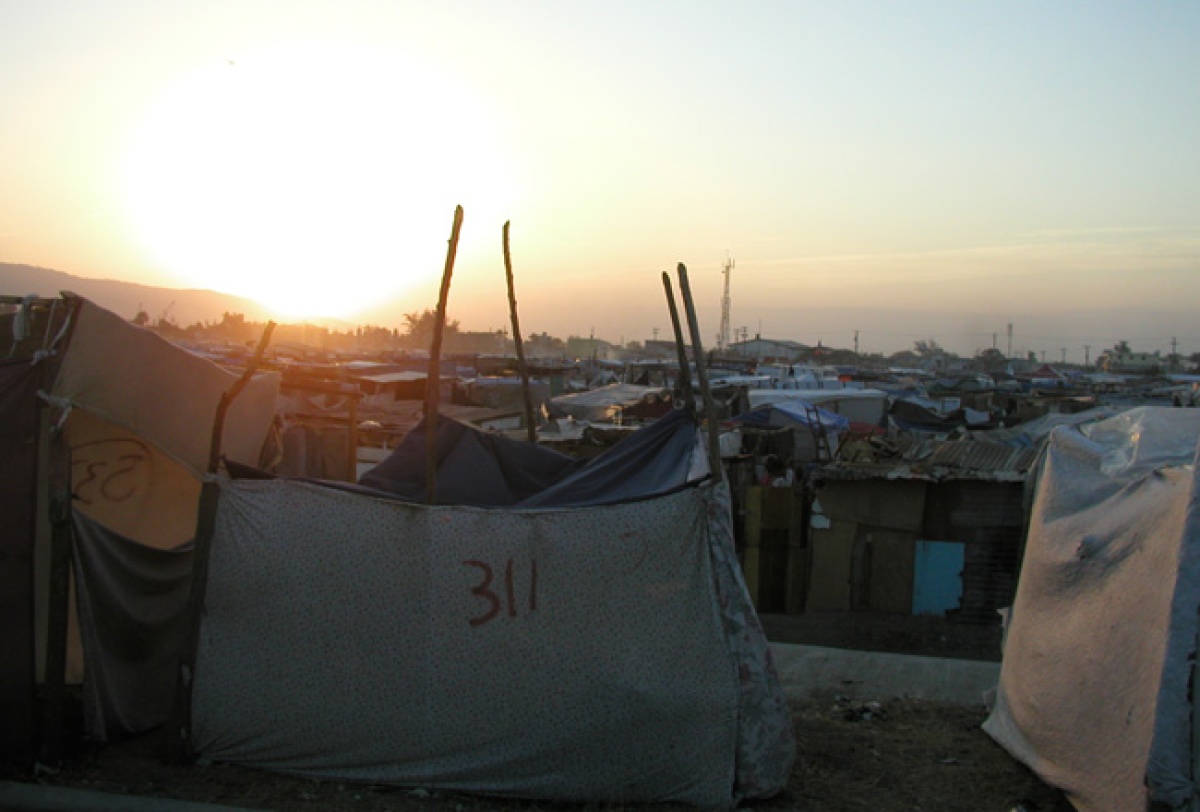Improving Mental Health Services in Haiti
Posted on Sep 24, 2013

Disasters present substantial challenges for rapid emergency response, including the delivery of mental health services. The devastating 2010 earthquake in Haiti was no exception. While mental disorders comprise a substantial share of disease-related burden and disability globally, delivery of mental health services in low-resource settings has lagged behind that of other services. In the wake of the Haiti earthquake, an entirely new set of challenges to delivering effective mental health care emerged. But so did an opportunity.
Recently, a team of mental health experts from Partners In Health and Zanmi Lasante, led by PIH Mental Health Director Giuseppe Raviola, published a paper in Psychiatric Clinics of North America that provides a detailed overview of the 2010 Haiti earthquake response from the perspective of mental health.
The authors note that the earthquake has been a catalyst for efforts to identify and integrate mental health as a critical part of the post-earthquake health care system, lack of resources notwithstanding. They note that, “Complexity and challenge has tended to only aggravate the tendency to approach post-disaster needs in an episodic fashion with deployment of external resources, rather than as an opportunity to build local capacity and purposefully lay the groundwork for sustained delivery with attention to building the foundation for services and long-term development.”
The hope is that ongoing post-earthquake mental health efforts can lead to the articulation of innovative care delivery models that blend strong traditional perceptions and beliefs, religious influences, and contemporary biopsychosocial approaches.
PIH has worked tirelessly in recent years to build a foundation for the kinds of services the authors discuss: We’ve collaborated with Grand Challenges Canada to scale up and integrate community-based, culturally appropriate mental health services in Haiti’s Central Plateau. We’ve deployed mobile mental health clinics to make sure the hardest-to-reach patients have access to care. And we’ve partnered with the Program in Global Mental Health and Social Change at Harvard Medical School to build local capacity.
The need for more comprehensive, community-based mental health services in Haiti, however, remains significant. To read the paper in full, please visit the Knowledge Center by clicking here. To learn more about PIH’s mental health program, click here.

